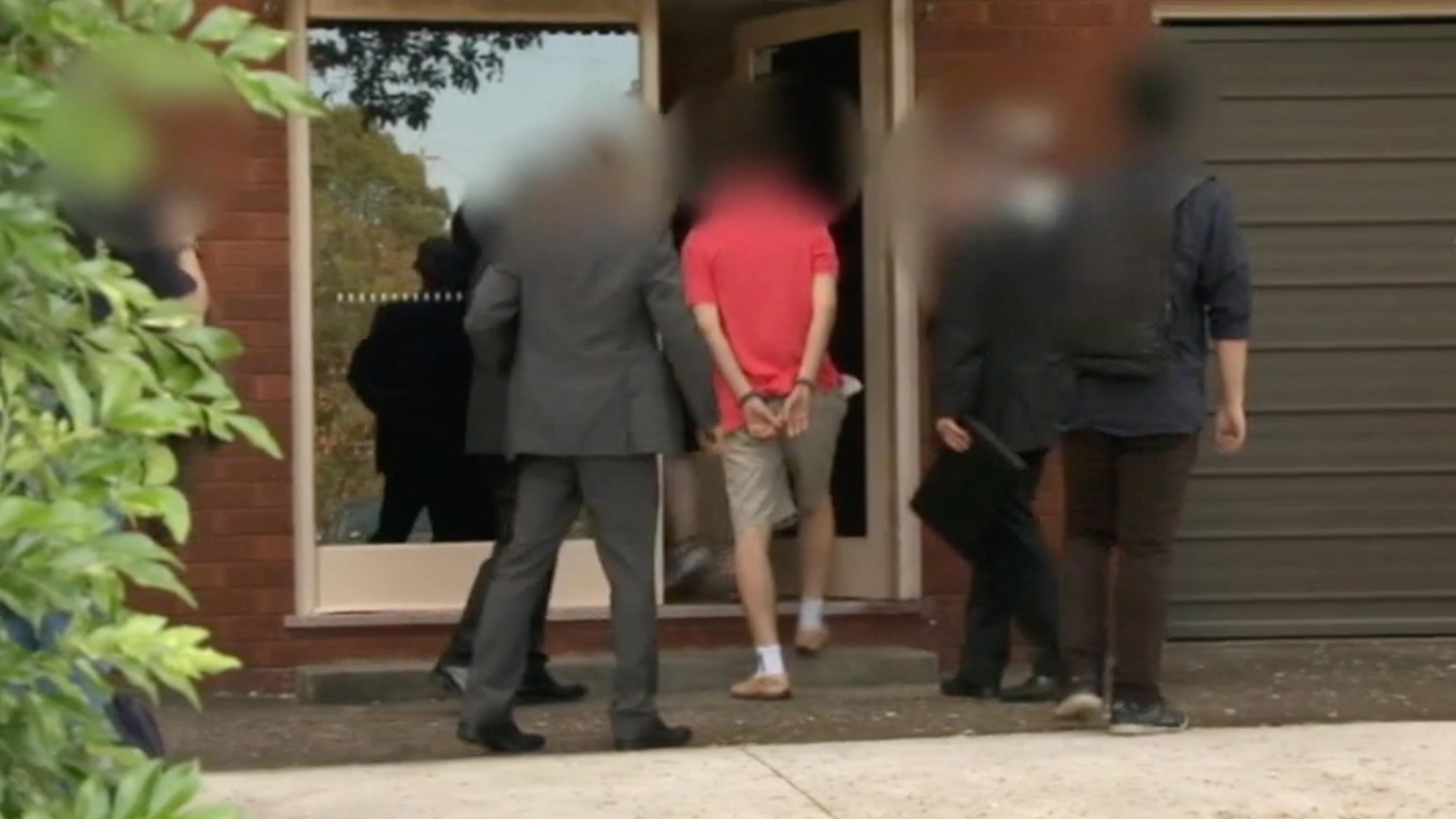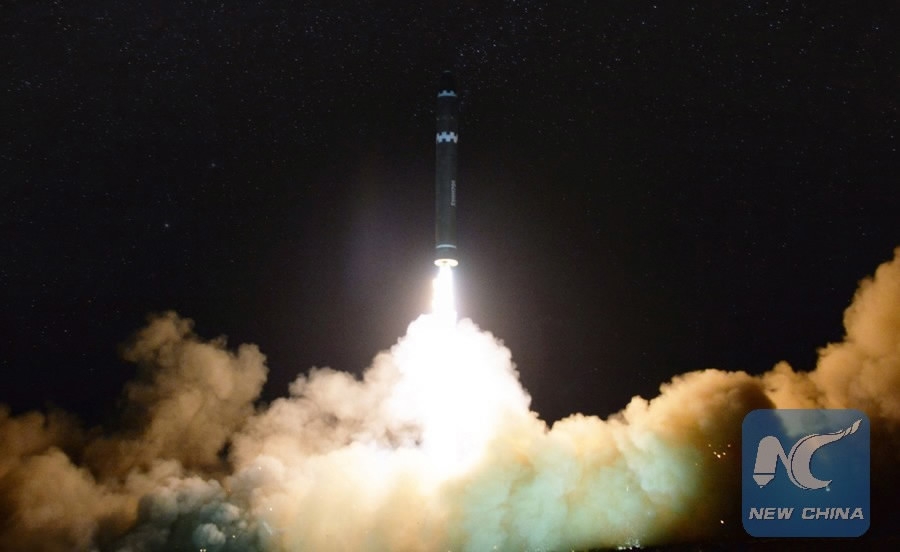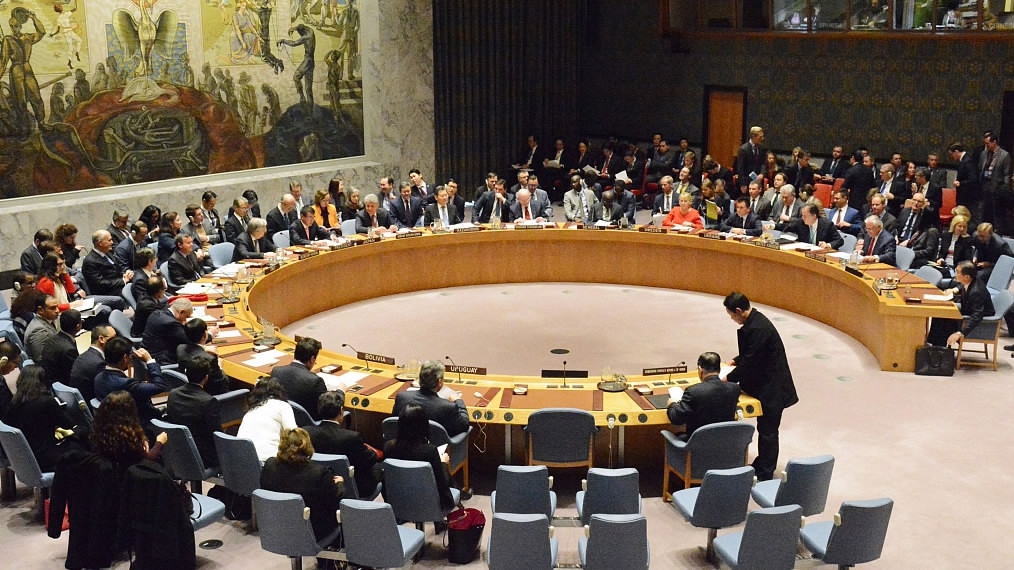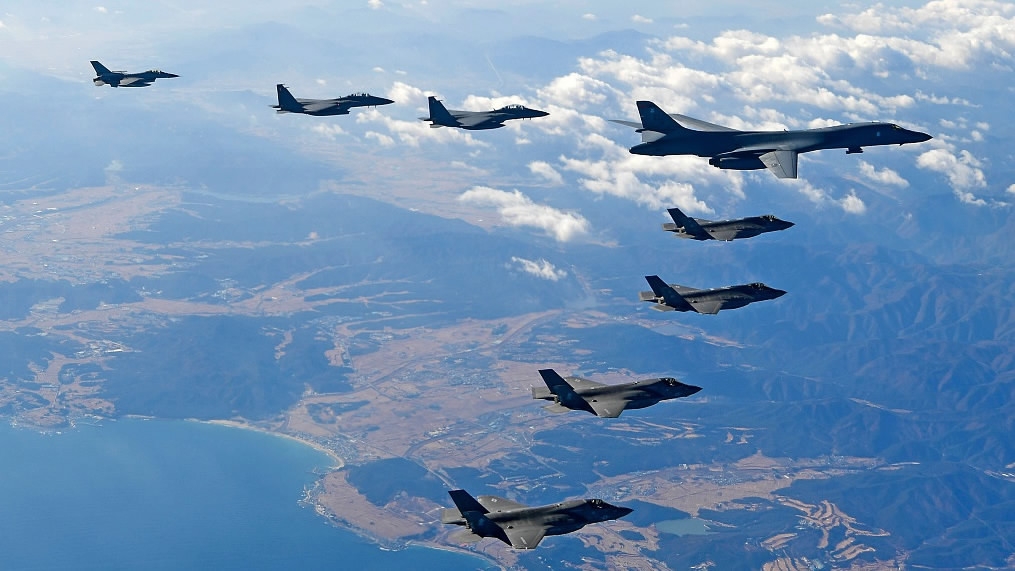
Politics
12:49, 17-Dec-2017
Australian police arrest man accused of trying to sell missile parts for DPRK
CGTN

Australian police said on Sunday they had arrested a man accused of working on the black market to sell missile components and coal on behalf of the Democratic People's Republic of Korea (DPRK), the first charges ever brought in Australia over the sale of weapons of mass destruction.
The man had been charged with two counts under an act preventing the proliferation of weapons of mass destruction, police said, with another four under legislation enforcing United Nations and Australian sanctions against the DPRK.
The Sydney man was identified by the Australian Broadcasting Corporation and other media as 59-year-old Chan Han Choi, who they said had been living in Australia for more than 30 years and was of Korean descent.

Photo provided by Korean Central News Agency (KCNA) on November 30, 2017 shows the test-firing of an Intercontinental Ballistic Missile on November 29, 2017. /Xinhua Photo
Photo provided by Korean Central News Agency (KCNA) on November 30, 2017 shows the test-firing of an Intercontinental Ballistic Missile on November 29, 2017. /Xinhua Photo
He was arrested in the Sydney suburb of Eastwood on Saturday and was due to face court later on Sunday, police said. He came to the attention of authorities earlier this year, the Australian Federal Police (AFP) said.
“This man was a loyal agent of North Korea (the DPRK), who believed he was acting to serve some higher patriotic purpose,” AFP Assistant Commissioner Neil Gaughan told reporters.
“This case is like nothing we have ever seen on Australian soil,” he said.
Police will allege the man tried to broker the sale of missile components, including software for the guidance systems of ballistic missiles, as well as trying to sell coal to third parties in Indonesia and Vietnam.
Gaughan said the trade could have been worth “tens of millions of dollars” if successful.

A ministerial-level UN Security Council meeting is held at UN headquarters in New York on December 15, 2017, to discuss the DPRK's nuclear and missile issues. /VCG Photo
A ministerial-level UN Security Council meeting is held at UN headquarters in New York on December 15, 2017, to discuss the DPRK's nuclear and missile issues. /VCG Photo
Cash-strapped DPRK has come under a new round of stricter United Nations sanctions this year after pressing ahead with its missile and nuclear programs in defiance of international pressure.
Tensions have risen dramatically on the Korean Peninsula because of the DPRK’s ballistic missile launches and its sixth and most powerful nuclear test, as well as joint military drills between South Korea and the United States that Pyongyang describes as preparation for war.
Pyongyang claimed that its latest intercontinental ballistic missile launch in November had the range to reach all of the United States.

In this handout image provided by South Korean Defense Ministry, US Air Force B-1B bomber (L), South Korea and US fighter jets fly over the Korean Peninsula during the Vigilant air combat exercise (ACE) on December 6, 2017 in Korean Peninsula, South Korea. /VCG Photo
In this handout image provided by South Korean Defense Ministry, US Air Force B-1B bomber (L), South Korea and US fighter jets fly over the Korean Peninsula during the Vigilant air combat exercise (ACE) on December 6, 2017 in Korean Peninsula, South Korea. /VCG Photo
US Secretary of State Rex Tillerson urged the DPRK on Friday to carry out a “sustained cessation” of its weapons testing to allow talks about its missile and nuclear programs.
Gaughan said the man had been in touch with high-ranking DPRK officials but no missile components ever made it to Australia. He also said there was no indication that officials in Indonesia or Vietnam had been involved in the attempted coal sales.
“This is black market 101,” Gaughan said.
“We are alleging that all the activity occurred offshore, and was purely another attempt for this man to trade goods and services as a way to raise revenue for the government of North Korea (the DPRK),” he said.
The man faces up to 18 years in jail if convicted.
Source(s): Reuters

SITEMAP
Copyright © 2018 CGTN. Beijing ICP prepared NO.16065310-3
Copyright © 2018 CGTN. Beijing ICP prepared NO.16065310-3